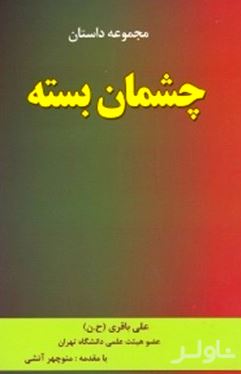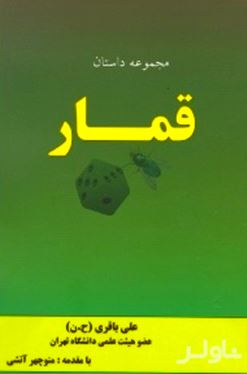|
نویسنده :
علی باقری
ناشر :
مرکز نشر بینالملل
۳/۲ از ۵
|
|||
|
نویسنده :
علی باقری
ناشر :
مرکز نشر بینالملل
۳/۹ از ۵
|



